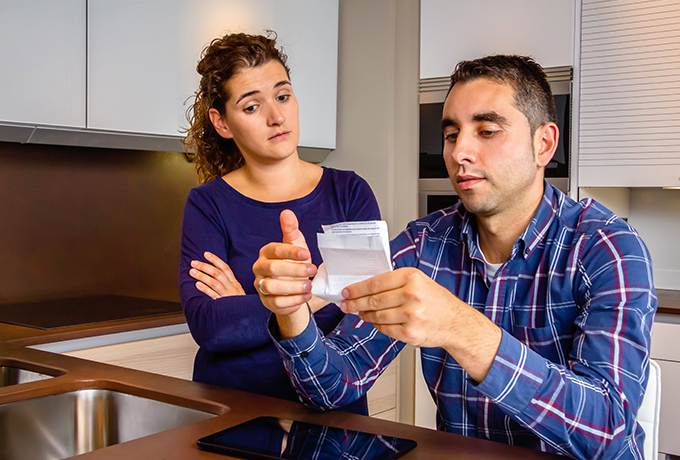Feeling stressed out and how to get help
You know what stress is. But what causes stress, and how can you better manage it?
Read moreYou know what stress is. But what causes stress, and how can you better manage it?

You’ve had a bad day at work. You’re under pressure from all sides, with deadlines closing in. Both kids are sick or won’t stop screaming. The car broke down (or maybe it hasn’t yet, but you fear it may do so at any moment). You are feeling irritable more than usual.
You might have noticed that you’ve been smoking or drinking more during this difficult time. Compounding the situation may be that you’ve not been sleeping well. Maybe you’ve sensed the pressure in physical form: it may have come across as a vague and general tension or a headache. You might even have gotten ill.
To add to the worry, you may be feeling anxious or just down and depressed about the whole situation.
If you haven’t guessed, the above situation describes some of the causes, effects and outcomes of stress. The feeling of being stressed out is not pleasant, yet it’s something that everyone deals with. While stress can actually play an important role in things like alertness and motivation, it can also cause long-term harm if left unaddressed for too long.
Thankfully, advances in mental health and wellbeing mean we have an excellent understanding of the physical and psychological causes of stress, its symptoms, and its effects — along with a good understanding of how to manage and cope with stress.
You probably know that prolonged or intensely stressful situations can make you feel irritable and overwhelmed. Indeed, even the calmest of people can get into an agitated state if they find themselves feeling under intense pressure.
So, what exactly is going on when we’re stressed?
In the broadest sense, to be in a state of stress (i.e. to be stressed) means your body is responding to what is known as a stressor. A stressor is a situation that is causing you to feel stressed. When responding to a stressor, our bodies activate the nervous system and release hormones like cortisol and adrenaline. These hormonal changes help us deal with the immediate challenge. However, if the stress lingers, these changes can become a burden, and we may feel overwhelmed and struggle to cope effectively.
Examples of common stressors include:
Healthdirect Australia, the Government’s public health information service, puts it as follows:
“Stress is an expected human response to challenging or dangerous situations. Humans have evolved over time to be able to experience a range of stressors and recover from them… Experiencing stress is part of being alive. A small amount of stress, such as meeting a challenge or deadline, can actually be helpful. It can lead to increased alertness, energy and productivity… A complete lack of stress can lead to reduced motivation and performance.”
Stress can affect you in many ways, both physical and psychological. Pay attention to warning signs that might reveal stress is taking a toll on your wellbeing.
Below are some signs and symptoms of stress:
One aspect of stress (particularly if it results from multiple sources) is how it can make you feel like you’re not in control. This, in turn, can leave you feeling like you can’t cope because you cannot move on from your situation.
The good news is there are things you can do to manage your stress. Effective solutions to stress management need not be overly complex.
Here are some common things that people do to relieve stress:
If you are struggling and want to speak to a professional counsellor, SuicideLine Victoria is available 24/7. Call us on 1300 651 251 or click on the floating chat button on the right for online counselling. Our service is free.
If it is an emergency, call 000.
You know what stress is. But what causes stress, and how can you better manage it?
Read more
Feeling suicidal can be an overwhelming and painful experience, but it is not something you have to bear alone. You can get help. There are services and professionals available to support you through this difficult time.
Read more
Your mental health, physical health, quality of life and safety is reliant on you getting enough sleep. During sleep, your body works to support healthy brain function and maintain your physical wellbeing. Sleep is just as important as a healthy diet and exercise.
Read more
Financial stress arises when there is a mismatch between your income and expenses, which leads to worry, anxiety, and uncertainty. Learn more about the signs of financial stress and how to cope.
Read more